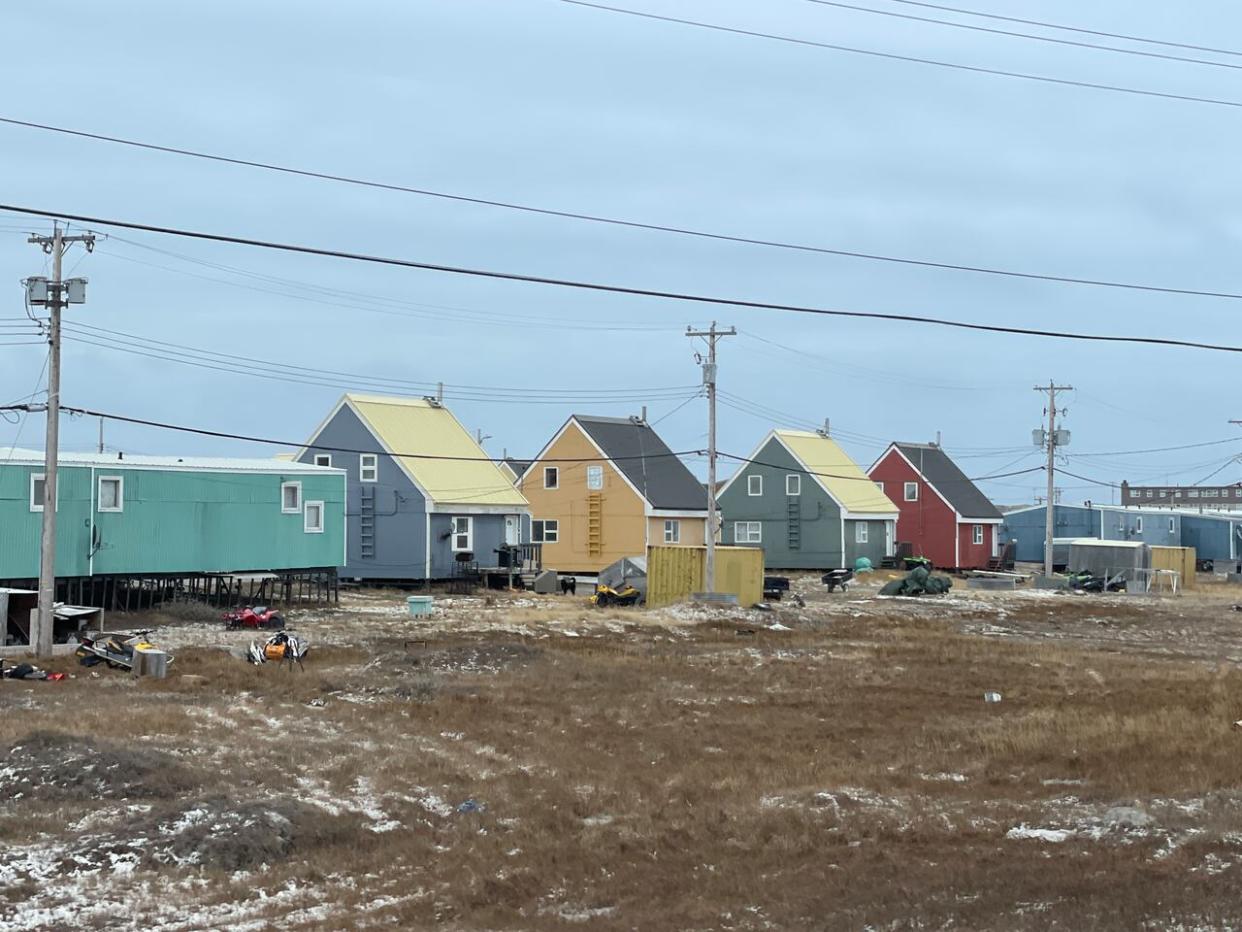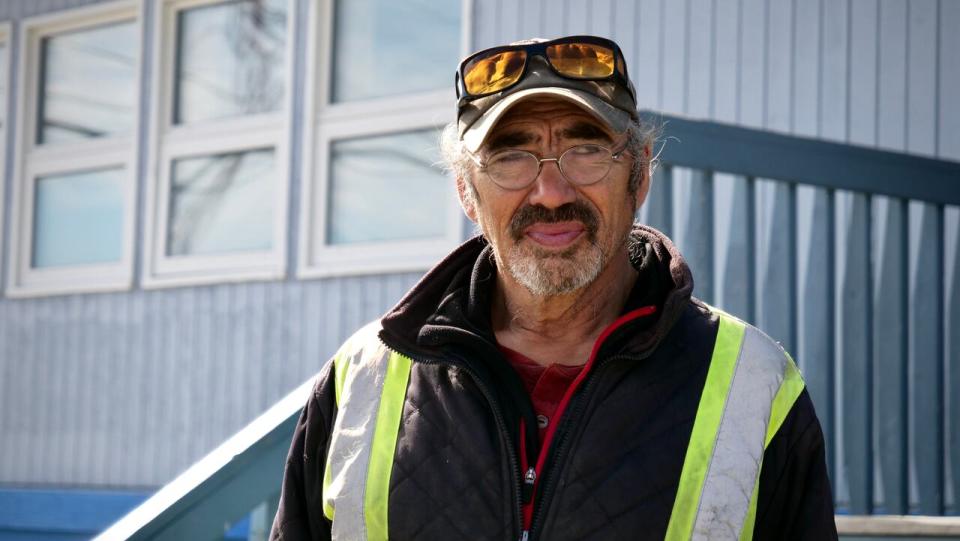Rankin Inlet, Nunavut, residents petition to close beer and wine store

Some residents in Rankin Inlet, Nunavut, say they want to see the community's beer and wine store shut down, less than two years after it opened.
A petition with 186 signatures asking the territorial government to close the store was presented to the hamlet council on Monday.
Cecelia Ayaruak, who started the petition, said she believes there's been an increase in alcohol abuse in her community of over 3,000 people.
"I feel for the whole community," Ayaruak said.
"The children have no place to go to when their parents are drinking and they're either walking or playing outside all hours of the night," Ayaruak said.
The Rankin Inlet store is one of two beer and wine stores in Nunavut. Iqaluit's opened in 2017 and became permanent in June 2020.
Nunavut's other 23 communities use a variety of systems to regulate alcohol, and in some communities alcohol is completely prohibited.
The Rankin Inlet store opened in December 2021. Both Rankin Inlet and Cambridge Bay voted through plebiscites in 2017 to open stores. Cambridge Bay's has not opened yet.
Ayaruak and others in Rankin Inlet believe that the store has led to more alcohol use in their community, and as a result, more social problems and mental health and addictions issues.
Rankin Inlet Mayor Harry Towtongie believes there's been an increase in alcoholism. He describes the situation as "dire" in his community.
"We're just desperate to find a solution, but it's not an easy thing to do and we're working very hard to somehow make a difference in this community," Towtongie said.
"The first responders, the RCMP, the nurses, mental health and anything to do with first responding is just overwhelming us right now and it's burning out the system," he added.

Harry Towtongie, mayor of Rankin Inlet, said the hamlet council supports the petition. (Matisse Harvey/CBC News)
Towtongie also noted that even if the store did close, residents can still import alcohol through the Nunavut Liquor and Cannabis Commission.
"It's become too easy for people to drink every day if they want to," Towtongie said.
Towtongie said the hamlet council supports the petition, but also said they support the needs of whole community.
"There's two sides to it," he said.
Reducing daily limits
People buying from the beer and wine store can purchase a maximum of four bottles of wine or 24 cans of beer a day, or a combination of the two.
In July, the hamlet passed a motion asking the territorial government to reduce the daily limits by half or reduce the store hours.
In a statement, the Department of Finance's director of corporate policy, Hillary Casey, said the government is considering those limits.
Finance Minister Lorne Kusugak and officials for the department also met with the hamlet council in June.
"These import permit limits would apply to any unrestricted community to assist in curbing bootlegging and better controlling the supply of liquor in communities," Casey wrote.
The changes would require amendments to the Liquor Act, which would take time, Casey said. The earliest it could be done is the end of this year or early 2024.
Finance is also conducting a legislative review of the Liquor Act, "with the goal of making major changes to how liquor is managed in Nunavut."
"These changes will be subject to extensive community and stakeholder consultation, and ultimately, by approval from the Legislative Assembly," Casey wrote.
Megan Pizzo-Lyall, who sits on the Rankin Inlet hamlet council, said closing the store might not be the answer and that more mental health and addictions treatment support is needed immediately.
"In an ideal world, we would have been prepared for the things that it brought," she said of the beer and wine store."It's capping Rankin's resources. And it's not like we had a lot to begin with."

'We need help here, at all different levels,' said Megan Pizzo-Lyall, who sits on the Rankin Inlet hamlet council. (Sara Frizzell/CBC)
The Pulaarvik Kablu Friendship Centre in Rankin Inlet runs mental health and addictions programming. Pizzo-Lyall said she wants to see more funding directed to community organizations like Pulaarvik.
"Further to that, I want to see mental health facilities in every community," she said. "We need help here, at all different levels," she said.
She points to mental health issues, trauma and the ongoing effects of colonization, residential schools, and more as reasons why her community is struggling, and more resources are needed.
"When you're not able to heal and work through those things, you turn to substances such as alcohol and other drugs," she said.
"We haven't fixed ourselves as a community, as people, to be able to throw alcohol into the mix."
Towtongie said he looks forward to hearing back from the government about the petition.
The Department of Finance said it received the petition and is reviewing it.
"We're going to stick together. We're going to deal with it," Towtongie said.


